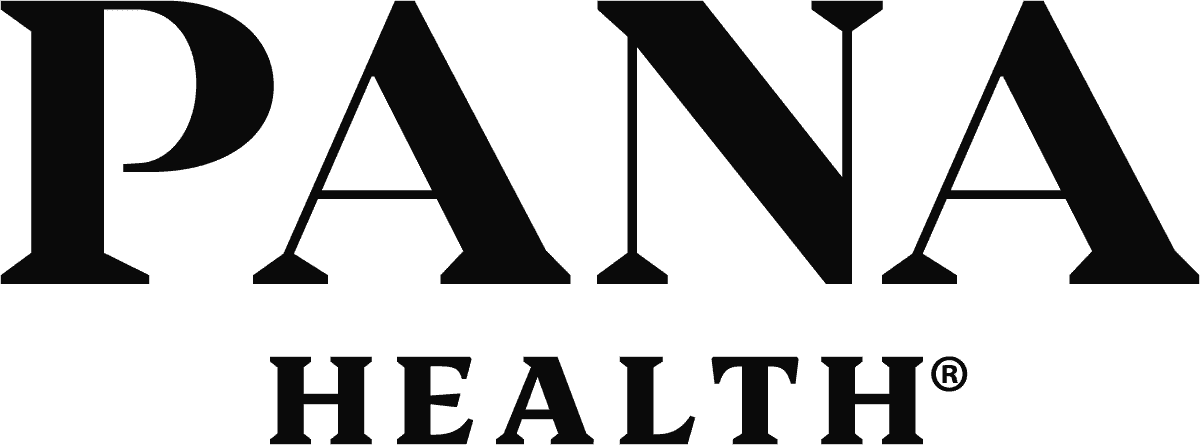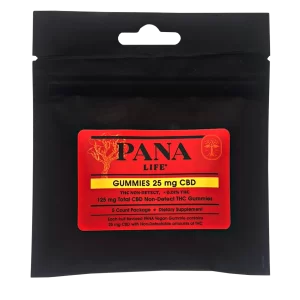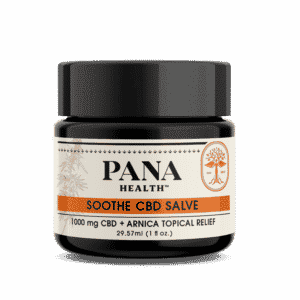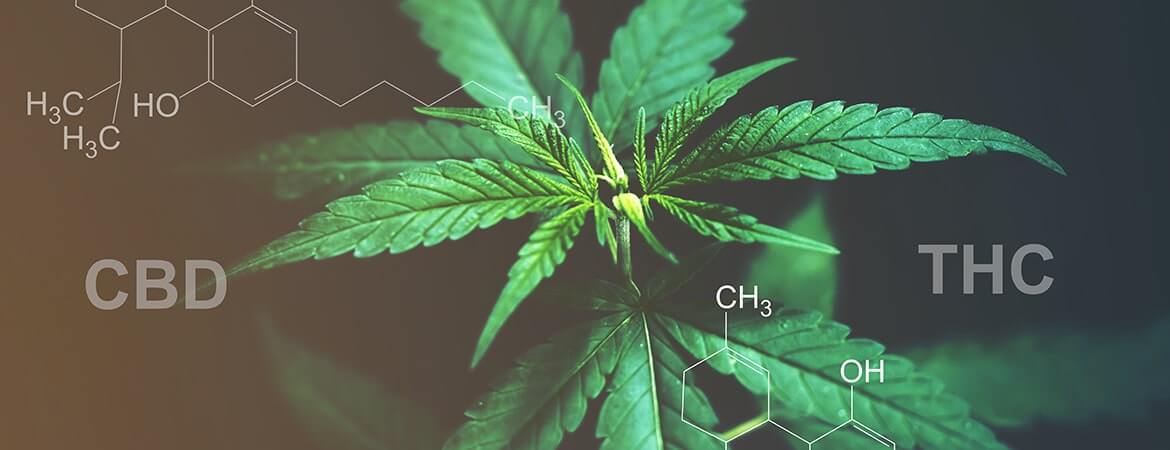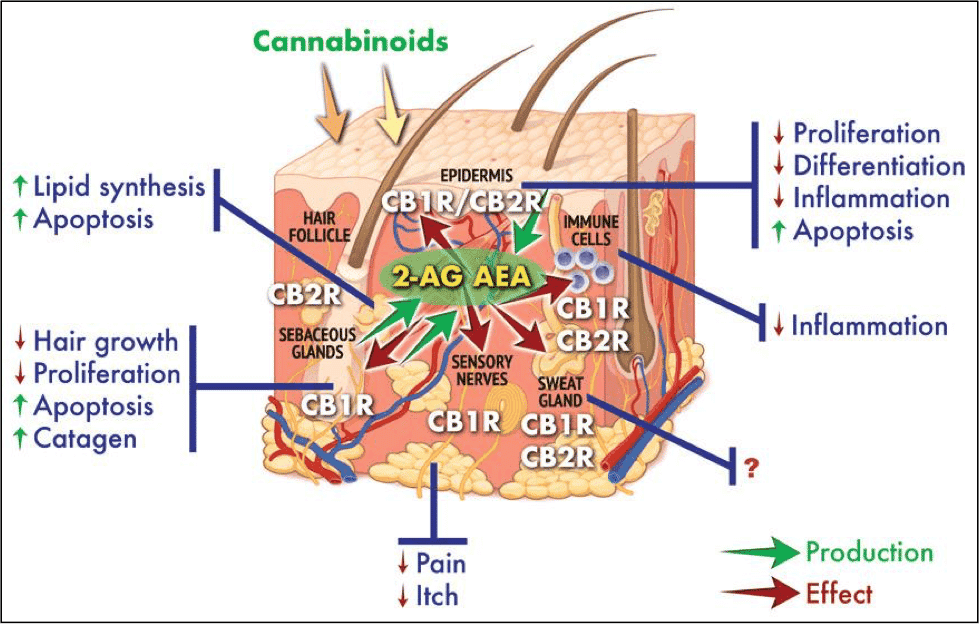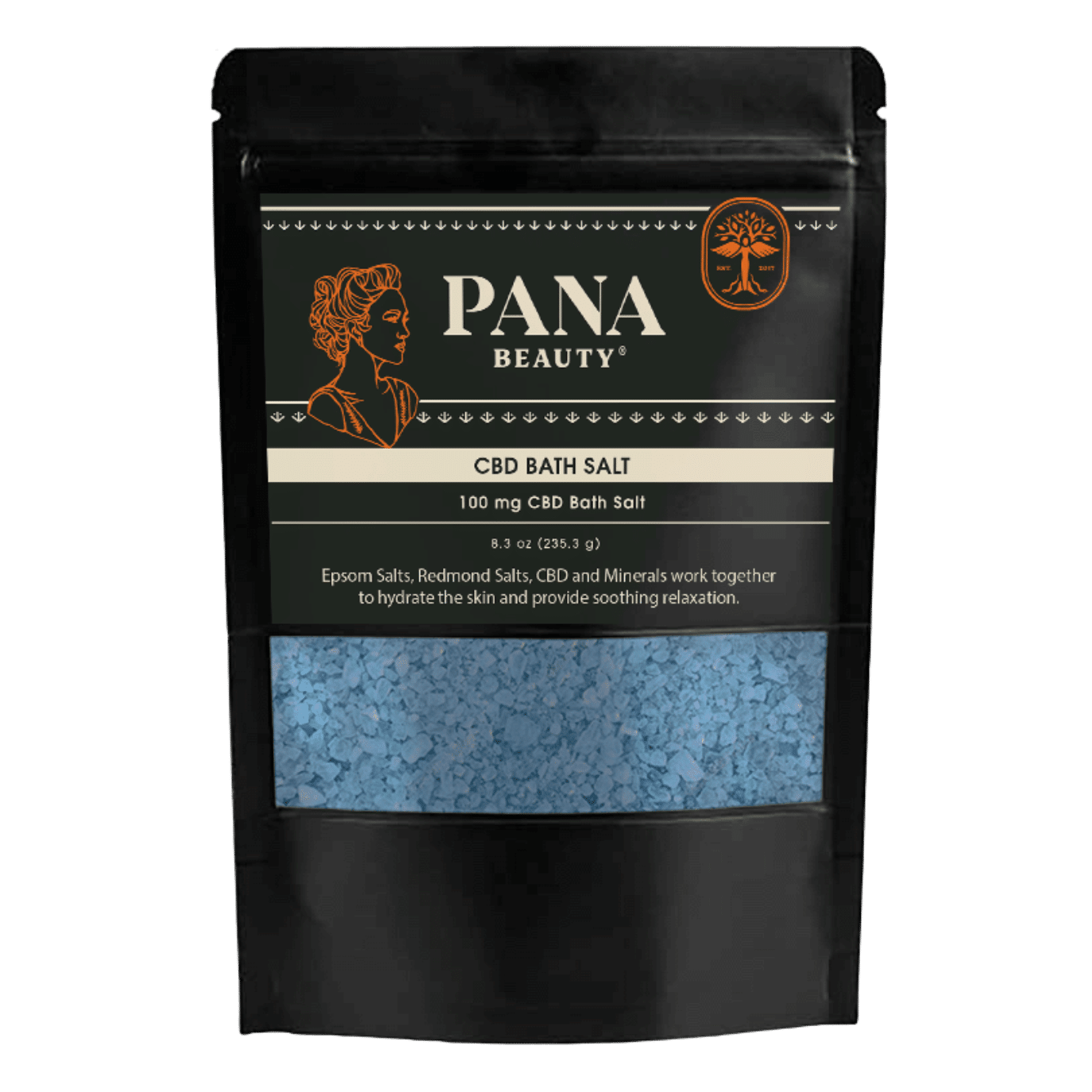The world has experienced a very sudden and even startling change. The virus COVID-19 (also known as the Coronavirus) has brought many things to a grinding halt as people self-isolate and practice social distancing. It has led to many questions that desperately need answering.
Who is the FDA?
One question that has been floating around is whether or not cannabidiol (CBD) is a good safeguard against the virus. There are those who swear up and down that it is. They are, unfortunately, misled. The Food and Drug Administration (FDA) has recently come out to say definitively that CBD will not stop the Coronavirus. Let’s talk about what exactly the FDA said and what it means.
You have likely heard of Cannabis and its two derivative plants hemp and marijuana. But did you know that Cannabis is full of chemical compounds known as cannabinoids? There are over 113 different cannabinoids in Cannabis plants. CBD is one of these. While it has become more well-known over the last few years, it is not as famous as another cannabinoid.

Safety concerns of CBD and THC
This more famous cannabinoid is tetrahydrocannabinol (THC). THC is famous because of the effect that it has on people. THC is psychoactive. That means that it creates the high that is often associated with Cannabis. CBD and THC get lumped together a lot because they are both cannabinoids, but they are very different. The big difference between them is that unlike THC, CBD does not create a high. It is not psychoactive. CBD may help boost your sense of calm, but that is about it.
CBD is usually extracted from hemp rather than marijuana. One of the main reasons for this is that hemp is bred to have more CBD than THC. Marijuana not only has much less CBD, it also has high levels of THC, which something most CBD manufacturers try to avoid. Hemp makes the extraction process much easier for manufacturers.
Another reason why CBD manufacturers usually extract the cannabinoid from hemp rather than marijuana has to do with issues of legality. As of December of 2018, industrial hemp is legal in the United States (we have an article going into more detail about the bill that legalized it here). Meanwhile, marijuana is still federally illegal. Its level of legality does vary from state to state, but until it is legalized across the board, it is unlikely that any CBD manufacturers will use marijuana to make their CBD products.
There are three different kinds of CBD extract that may be used to make a CBD product. They are full-spectrum, broad-spectrum, and CBD isolate. Their names refer to what other cannabinoids and compounds are found in the extract with the CBD. Full-spectrum includes pretty much all of it. It has most of the other cannabinoids and compounds that come with the CBD in the extraction process, including THC (though it is less than 0.3%). Broad-spectrum is similar to full-spectrum with one important distinction; it does not have any THC. It has many of the other compounds and cannabinoids, but no THC. CBD isolate is exactly what you have probably guess already, it is just CBD. There are no other cannabinoids or compounds, as the CBD has been completely isolated. You can find just about any CBD product in which ever kind of extract you prefer.
Will it stop Coronavirus?
There is a lot of worry out there because of the Coronavirus. So, it is understandable that people are turning to wherever they think they may find a solution. CBD may be able to help with so many different issues, it is not surprising that many may think that it could help with COVID-19. However, that is not the case.
Recently the FDA sent a letter warning an online CBD retailer that they were claiming that CBD may help with COVID-19, despite the fact that this claim has no real scientific evidence to back it up. Since the legalization of hemp and the rise of the CBD industry, the FDA has been cracking down on unsupported claims about the cannabinoid. They are especially on top of it right now, as false claims about CBD could be more dangerous than ever.
The FDA also sent warnings to other retailers and organizations for the fraudulent claims they were making in association with COVID-19. The first went to a church that was selling chlorine dioxide products as both a treatment and a preventative measure against the Coronavirus. These products do not have any evidence backing up the potential benefits of chlorine dioxide and they have many potential dangers. A holistic pet store was warned as well, as they were publishing treatments and preventative measures for people and pets that were not proven in any way.
CBD does appear to have some antimicrobial properties. However, this area of study is still vastly incomplete. There is a lot about these properties that still need to be understood. The most that we can say right now is that it may help with hand sanitizer. That is, it may be able to help give a boost to products that already sanitize. On its own, CBD will not stop you from getting sick.
But what exactly do people use CBD for anyway?
What is CBD used for?
This question is interesting to answer because CBD is used for many different things. Recent years have seen an upswing in studies on CBD. These studies have found a number of different things. Many of them have suggested that CBD may be able to help with a number of different issues and conditions. Let’s talk about what some of those are.
One of the main uses for CBD is to help regulate stress and calm nerves. There have been enough studies on this alone to talk about it for quite some time. Instead we will go over just three of these studies. To start with, this study used animal models to test what sort of effect CBD would have on the animals’ states of mind. The researchers found that the cannabinoid was able to help boost the mood and calm the stress of the test subjects. Another study tested CBD’s effects on people with Generalized Social Anxiety Disorder about to engage in public speaking. The researchers concluded that the test subjects who were given CBD were much calmer when facing the anxiety-inducing task. The last study we are going to look at was testing not just anxiety disorders, but those related to substance abuse as well. CBD, the researchers found, was able to help calm the extreme emotions that often come with these disorders.
Another very common area of study for researchers interested in CBD, is the cannabinoid’s effect on inflammation. One of the studies that have looked at this focused on the inflammation caused by oxidative stress, which contributes to a number of different conditions like arthritis and diabetes. The researchers concluded that CBD was able to reduce inflammation by quite a bit. Another study wanted to see how CBD interacted with inflammation caused by acute pancreatitis in mice. The researchers found that CBD helped reduce the serious inflammation that was caused by the pancreatitis. Finally, this study looked at CBD and intestinal inflammation in mice. The researchers found that the inflammation went down significantly in the mice given the CBD.
One of the bigger areas of study done on CBD is on the cannabinoid’s effect on epilepsy. One study looked at how CBD may be able to reduce seizures both in vitro and in vivo. The researchers concluded that, with the right concentration of the cannabinoid, CBD was able to greatly reduce seizures in both groups. Another study was testing a prototype of an anti-epilepsy what had CBD as its main ingredient. The researchers found that CBD was effective in reducing the number of seizures in the test subjects. Many other studies along these lines have been conducted. So many, in fact, that they led to the development of the first CBD-based medication to be approved by the FDA. It is an epilepsy seizure called Epidiolex.
These are just brief examples of the many uses that CBD may have. But what does CBD have to do with COVID-19?
Different kinds of CBD products
So, CBD will not keep you from getting COVID-19. But clearly there are other benefits the cannabinoid may offer you. If any of those potential benefits discussed above caught your eye, you may be wondering how you can take CBD. Well, let’s go over what options are out there.
Tinctures and oils
CBD oils and tinctures are often considered a more traditional way to take CBD. These are CBD extract that has been mixed with a carrier oil, like palm oil, and other essential oils. You take them by either mixing them in with food or a drink or by placing a drop directly under your tongue. The sublingual method is a faster way to get the CBD working than by mixing it in with something you eat. This is because the skin under your tongue is thin, allowing the CBD to absorb into the system more quickly. You can learn more about where to find CBD oils and pills here.
Capsules and tablets
These CBD products are what they sound like. They are soft gel capsules and tablets that have been made with CBD. How you take them and how quickly they start working depends on which one you take. Capsules you just swallow whole like a pill. It takes a little while to start working as the capsule needs to breakdown before it can start. CBD tablets, on the other hand, tend to be designed to be sublingual. You place one under you tongue and allow it to dissolve. Like the tinctures and oils, this tends to be a bit faster because of the thin skin in that area.
Edibles
CBD edibles can come in the form of almost any food or drink. You can find CBD gummies, bread, coffee, or sparkling water. This is one of the easier ways to take CBD, as you just eat or drink however much you need. But it is also one of the slower ways. The food or drink and the CBD all need to digest before the cannabinoid can enter the system and start its work. Despite this fact, CBD edibles are one of the most popular CBD products out there. This is likely because they taste so good.
Topicals
This is a fairly broad category of CBD products. It includes lotions, cremes, salves, and, more recently, hand sanitizers. They are basically any CBD product that your rub on your skin rather than take orally. This is a good product if you are looking for a more localized effect from your CBD. While the oral CBD products are more likely to give you an overall effect, topicals are not likely to move much beyond where they are applied as they cannot enter the bloodstream. They work best when you use them often and liberally.
Back to our original question, will CBD stop the Coronavirus? The short (and very important) answer is, no, CBD will not stop COVID-19. CBD may be able to help calm your COVID-related stress. It may be able to give already bacteria killing hand sanitizer a boost. CBD may be able to help with a lot of things that you are dealing with right now, but it will not cure Coronavirus.
Despite the fact that CBD will not stop Coronavirus, it is obvious that it offers a lot of other potential benefits. If any of those benefits interest you, or if you have questions about CBD, you are on the right site. Here on the Panacea Life Sciences website we have articles covering just about everything to do with CBD. We also have a line of high-quality CBD products. If our articles have not answered your questions or you just have a comment to share, please contact us. You can do that either on our site or by emailing [email protected].

